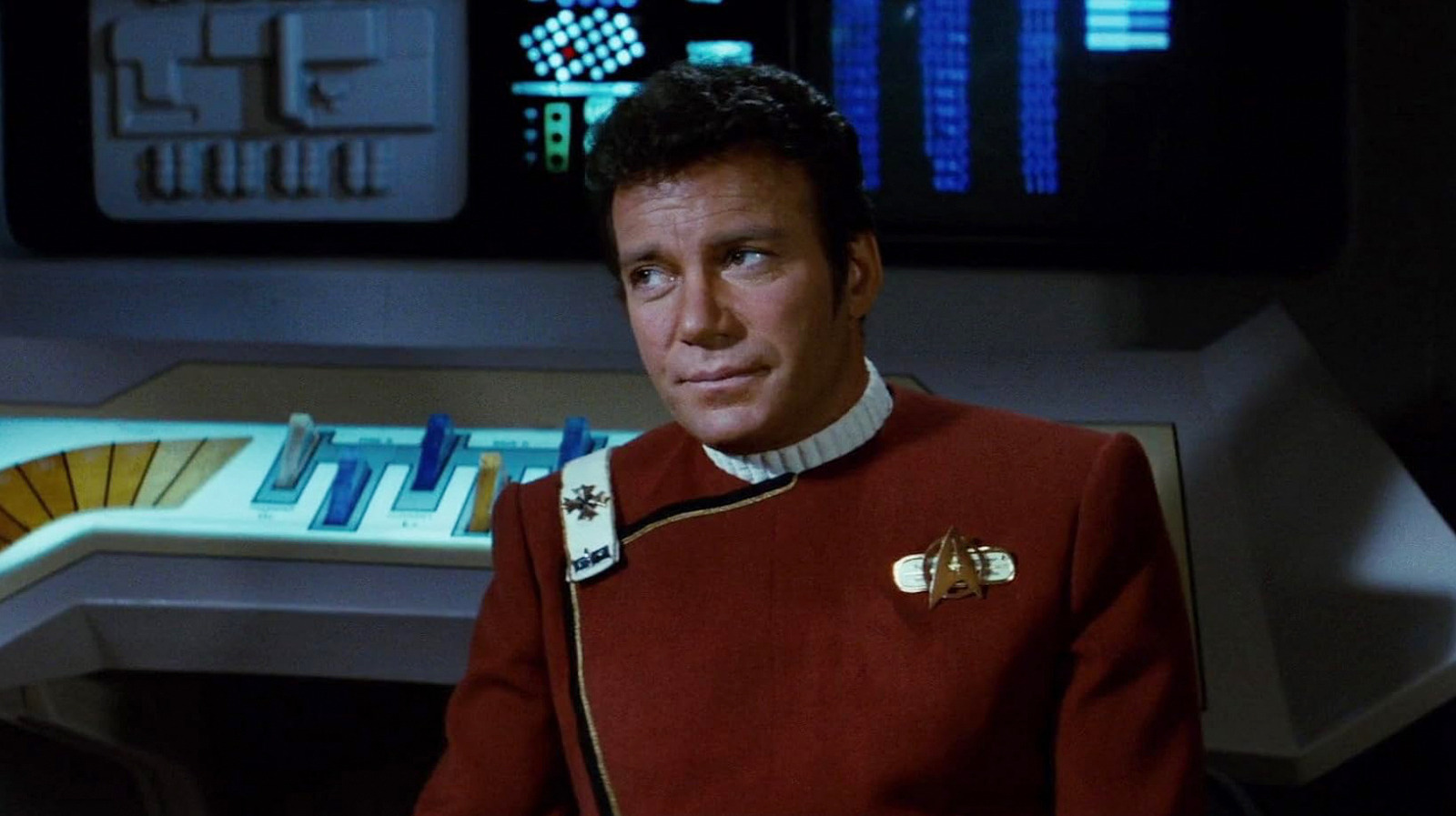Celebritiy
Legendary Star Trek Producer Reveals His Favorite Franchise Movie

A Notable Star Trek Producer Shares His Top Movie in the Franchise
In the realm of Star Trek films, there is a consensus among fans that Nicholas Meyer’s 1982 classic, Star Trek II: The Wrath of Khan, stands out as the pinnacle of the franchise. Many devotees of the series are drawn to the compelling character of Khan, expertly portrayed by Ricardo Montalbán, and the film’s thrilling climax featuring a dramatic battle between starships. For those who may not remember, the finale sees Khan seizing control of the Starfleet ship U.S.S. Reliant to confront Admiral Kirk, played by William Shatner, aboard the iconic U.S.S. Enterprise. The conflict is fueled by Khan’s desire for revenge after being abandoned on Ceti Alpha V, a planet that became a barren wasteland following an environmental disaster.
The Wrath of Khan, credited to Harve Bennett and Jack B. Sowards, skillfully explores themes of consequence and accountability. Kirk, who has often been depicted as a bold yet impulsive leader who frequently evaded the repercussions of his decisions, finds himself confronting not only an old adversary but also the revelation that he has an adult son he has never known. This narrative arc is a profound exploration of maturity and self-reflection. The film takes a somber turn when Spock, portrayed by Leonard Nimoy, meets his demise, underscoring the reality that one cannot escape their past and that youth is fleeting.
Harve Bennett, who contributed not only as a writer for The Wrath of Khan but also as a key producer for several Star Trek films, was brought into the franchise after the lackluster performance of Star Trek: The Motion Picture in 1980. During a 2010 interview, Bennett was queried about his favorite Star Trek movie, and he naturally gravitated toward The Wrath of Khan. Although Leonard Nimoy’s 1986 installment, Star Trek IV: The Voyage Home, achieved tremendous box office success, Bennett initially considered it his favorite. However, upon further reflection, he conceded that like many fans, his heart remained with The Wrath of Khan for numerous reasons.
Interestingly, Bennett began his journey into the Star Trek universe as a relative outsider. He hadn’t been a fan before taking on the project and immersed himself in the original series to prep for the role. The episode “Space Seed” captured his imagination, prompting him to contemplate what had become of Khan after 25 years. The perspective of a newcomer ultimately helped shape the narrative of one of the most cherished films in the Star Trek canon.
Bennett did not overlook the unique concept behind The Voyage Home, where the Enterprise crew travels back to 1986 to retrieve humpback whales after a mysterious probe threatens Earth by draining its oceans. This creative twist won the hearts of many viewers, and Bennett appreciated the film’s ability to connect with a wider audience outside of traditional Star Trek fans.
After the commercial struggles of the first film, a fresh creative team took the reins for the sequels, with Bennett striking gold by conceptualizing The Wrath of Khan. The success of that film paved the way for future projects, including The Search for Spock, and by the time they produced The Voyage Home, Bennett and his team felt a newfound confidence. They recognized the time travel aspect of The Voyage Home as a brilliant way to draw in those unfamiliar with the franchise, which ultimately proved effective. Although The Wrath of Khan is his favorite, Bennett had much admiration for The Voyage Home as well.
In his own words, Bennett articulated how The Voyage Home uniquely presented Star Trek to casual moviegoers: “Going back to the present created something that nothing else could have done, which is it presented Star Trek to a non-Trek audience.” The humor and relatability sprinkled throughout the film, particularly in scenes set in San Francisco, helped audiences connect with the characters as they navigated the contemporary world, rather than as iconic figures from the Star Trek series. A standout moment features Chekov, portrayed by Walter Koenig, hilariously seeking “nuclear wessels,” a comedic nod to the era’s geopolitical tensions.
In the end, the legacy of both The Wrath of Khan and The Voyage Home continues to resonate, each holding a special place in the hearts of Trekkies and film enthusiasts alike.
